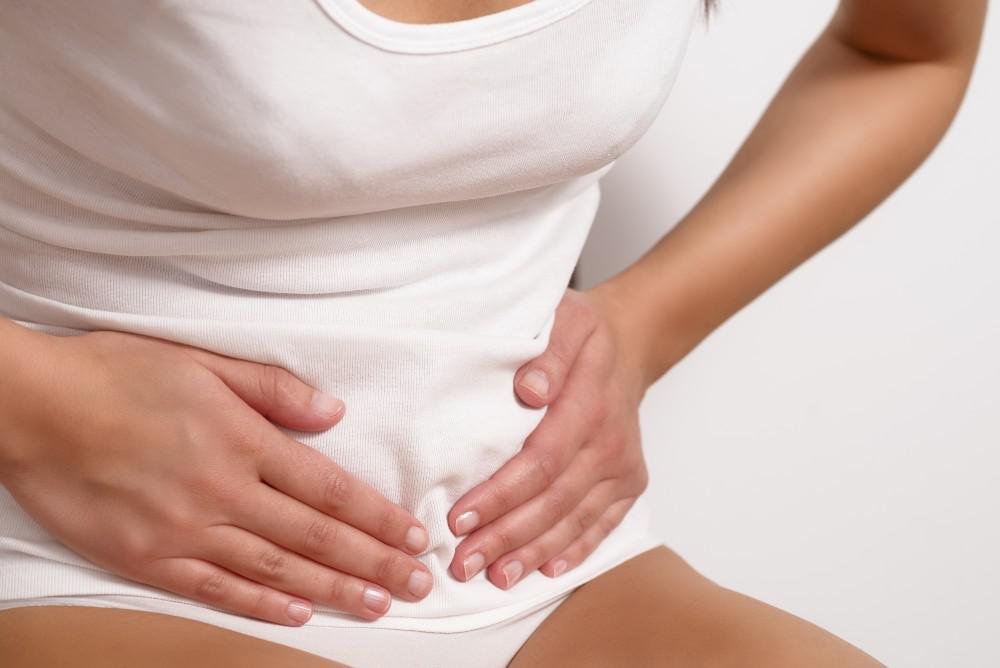PCOS: 7 Common Symptoms to Look Out For
Polycystic ovary syndrome, or PCOS, affects millions of women every year. PCOS is caused by an imbalance of a woman’s reproductive hormones. This imbalance can create problems in the ovaries. Normally, the ovaries create and release an egg once a month. With PCOS, the egg may not mature fully or release when it should. This can result in the ovaries developing cysts. If you have PCOS, Dr. Kelly Morales can treat your condition using the latest technology at her practice, Kelly Morales OB/GYN. To see if you may have PCOS, check for the following symptoms:
1. Irregular periods
Changes in your cycle can indicate that you are dealing with PCOS. One of the hallmarks of PCOS is an increase in male hormones. This increase can disrupt or even stop your menstrual cycle.
2. Hair loss
If you’ve been seeing more and more hair on your brush, PCOS may be to blame. PCOS creates an increase in androgens, or male hormones. Your hair follicles aren’t different from men’s. When they have too many androgens, they begin losing their hair. The same is true with women. Heightened male hormone levels can cause your hair to fall out, too.
3. Hair growth
PCOS raises the amount of male hormones in a woman’s body. When this is combined with a women’s natural hormonal levels, it can cause hair to grow in different places. PCOS sufferers may find hair growing between their thighs, on their chest, around their nipples or over their belly. In some cases, women may even grow hair on their back or buttocks.
4. Acne
While many women go through bouts of acne as teenagers, PCOS can lead to acne in adulthood. Hormonal changes due to PCOS can encourage oil production in sebaceous glands on your the face, chest and back. Any of these areas can then end up developing acne.
5. Skin growths
One of the less understood symptoms of PCOS is skin growths. It can take two different forms: skin tags or dark skin patches. Skin tags are small, skin-colored tags that suddenly erupt on different areas of your body. They tend to cluster under the arms and around the neck. With dark skin patches, these growths show up as dark, velvety patches on your skin. They commonly appear as rings on your neck, but they may also appear under your arms or on your thighs.
6. Weight gain
If you exercise and eat a good diet, but you still can’t stop your weight from going up, PCOS may be the problem. Hormonal changes with PCOS can encourage your body to hold onto weight.
7. Infertility
If you’ve tried for several months to get pregnant but have had no success, PCOS may be to blame. Because of the hormonal imbalance, eggs may not mature fully or emerge when they should from the ovaries.
If you recognize any of these signs, call Dr. Morales. She uses the latest technology to diagnose PCOS and other hormonal issues. Dr. Morales can create a treatment plan to help you deal with your symptoms and protect your future health. To learn more, book an appointment online or over the phone today.

